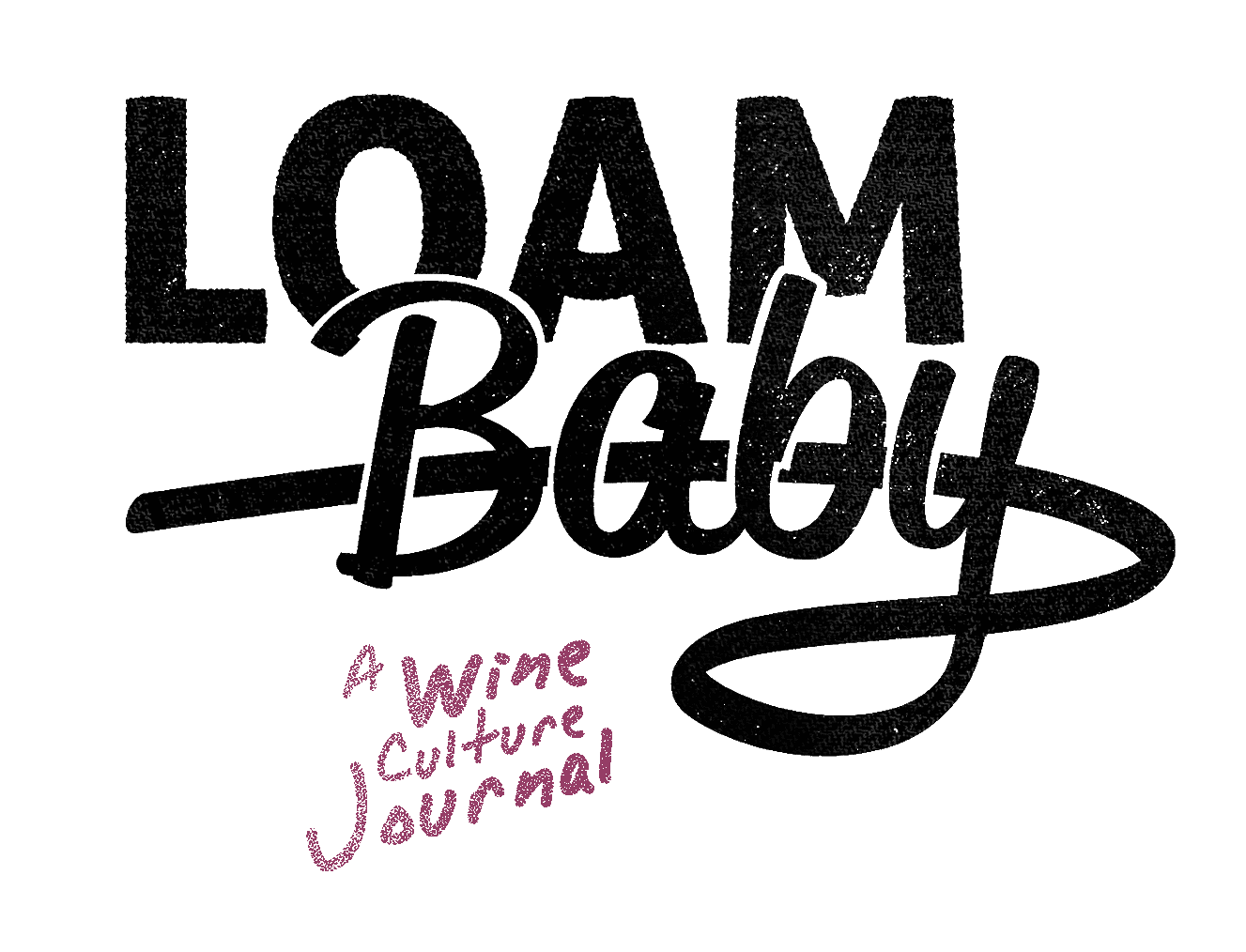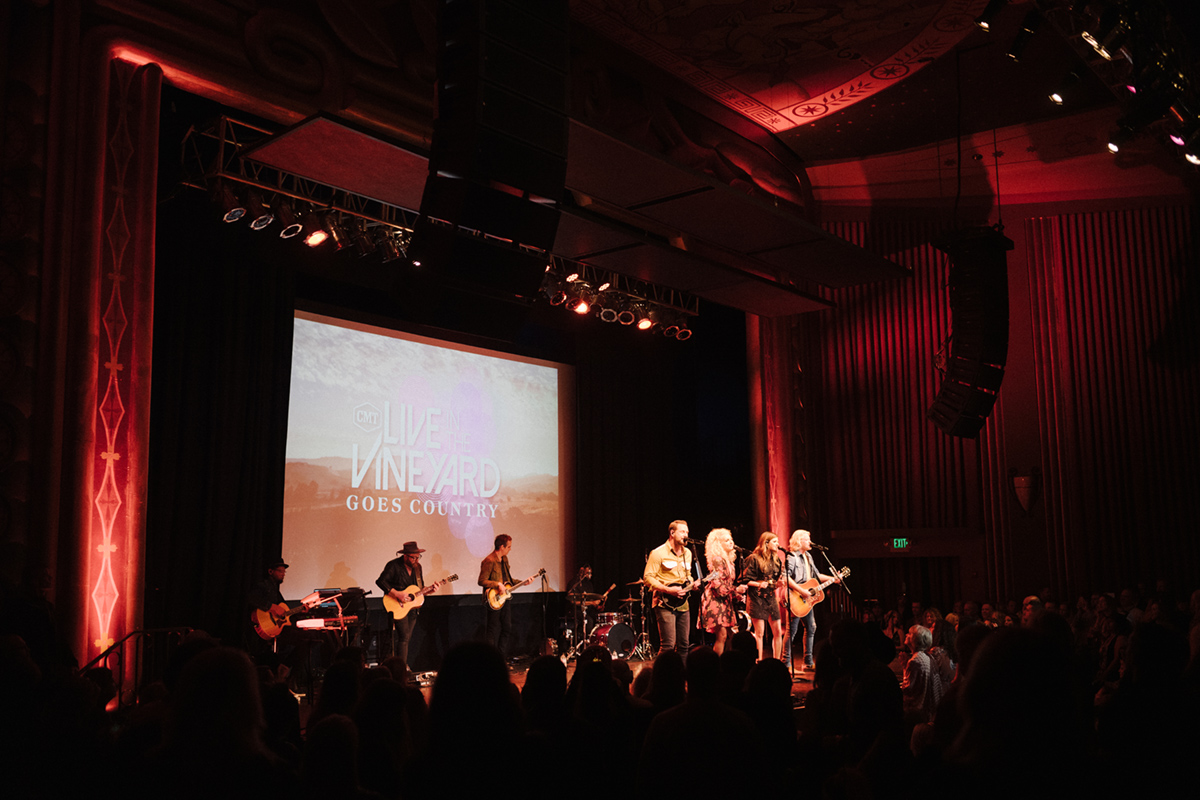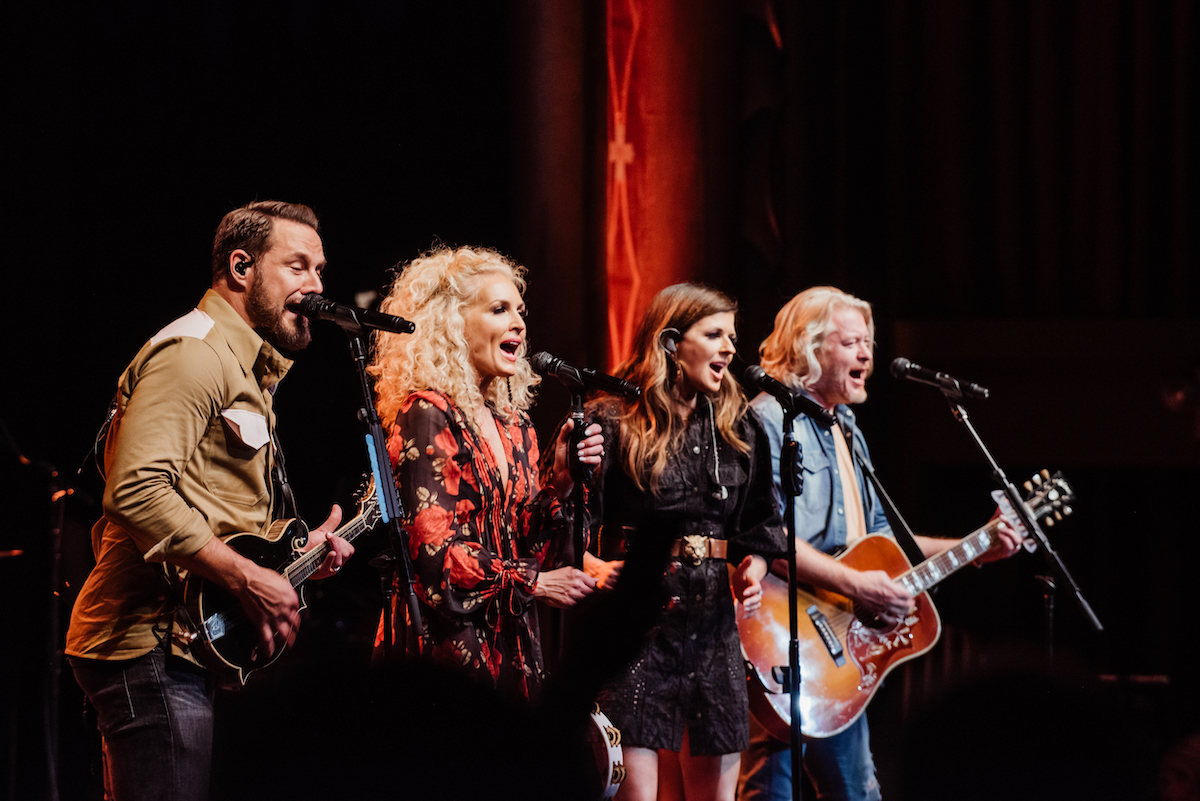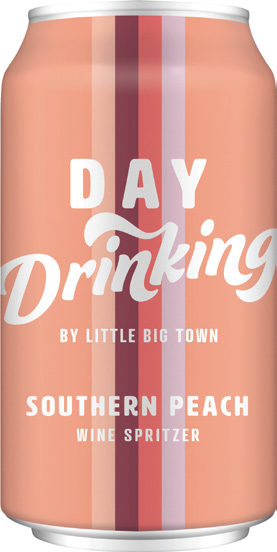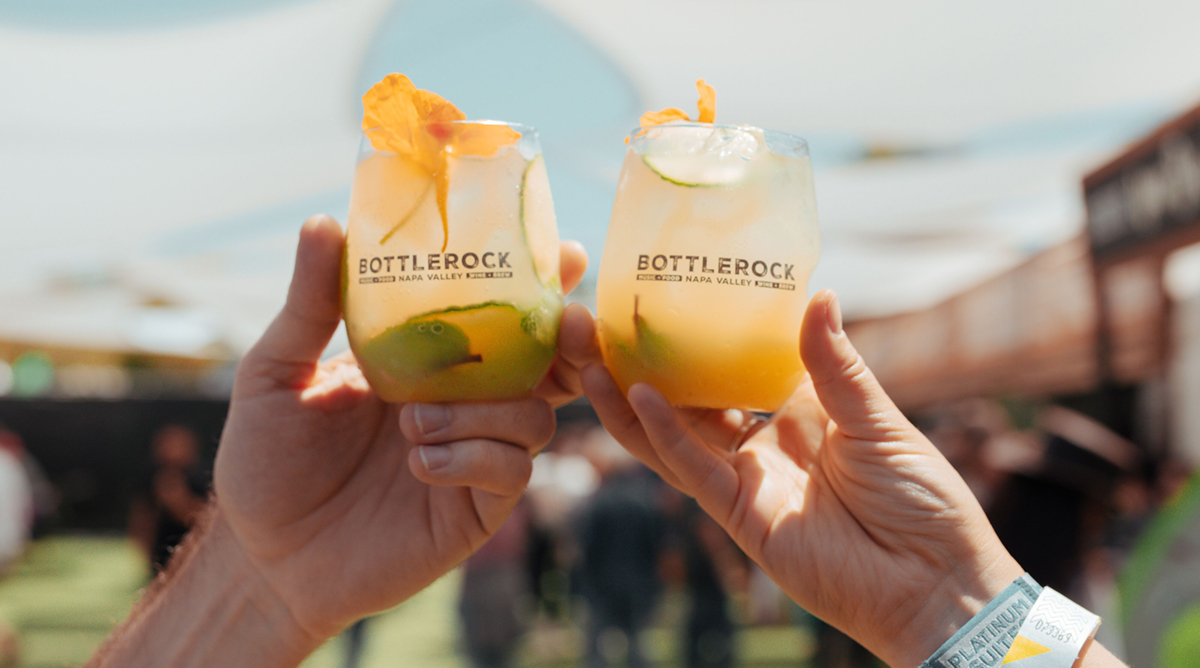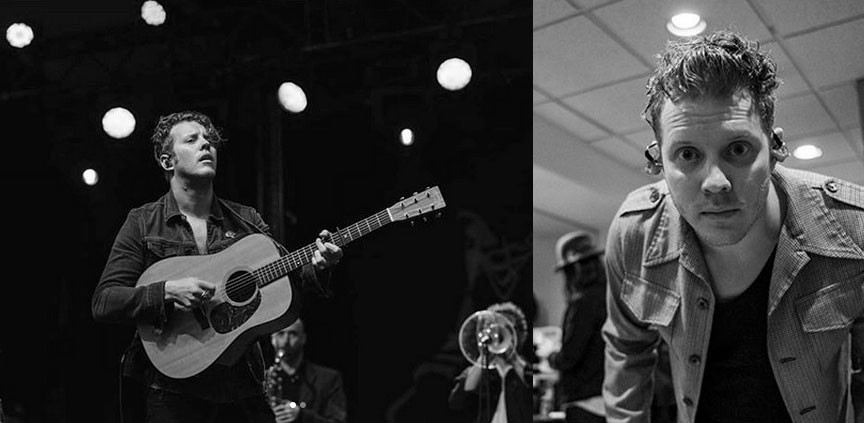By RH Drexel
The last couple of years have been unreasonably tough for a lot of people. In the face of such global tumult, writing about a new winery or a new wine brand can seem … well … frivolous. And yet there are brands in existence that inspire real and meaningful change. Indaba Wines, of South Africa, donates over fifty thousand dollars annually to educational programs for disadvantaged children throughout South Africa’s wine regions. Cancer survivor Terry Wheatley of Purple Cowboy Wines has raised over one million dollars for breast cancer research, while importer Patrick Mata created Liquid Geography Rosé to benefit chef José Andrés’ World Central Kitchen and Wheeling Forward, supporting people with disabilities.
In 2019 four women in Washington created XOBC Cellars, a philanthropic brand that would go on to support Looking Out Foundation. Founded by wives Jeri and Amy Andrews and Catherine and Brandi Carlile, XOBC is a charitable wine brand distinguished for its compelling collection of wines originating in the soils of the Rocks District AVA in Walla Walla, Washington and the storied Wallula Vineyard, unfolding alongside the Columbia River, where some of the state’s finest Cabernet Sauvignons are sourced.
Founded in 2008 by Grammy-Award nominated artist Brandi Carlile and twin brothers/musicians Tim and Phil Hanseroth, Looking Out Foundation supports numerous non-profits working in the areas of human and civil rights, health, education, the environment, community development, women’s causes and the arts. The foundation has raised over one million dollars for War Child UK and Children in Conflict, to name just two beneficiaries. “We are nimble to the ever-changing needs of the human race, and adapt to support the diverse demographic we serve,” the foundation’s site states. All of the profits of XOBC are allocated to Looking Out Foundation, where all four brand partners are also board members.
The XOBC wines are available to “collectors” – the term used by the XOBC to describe their wine club members. Anyone can join, and the wines are available online to be shipped to reciprocal states throughout the United States. Once customers purchase as collectors they become defacto members of Camp XOBC. The brainchild of Brandi Carlile, the idea for Camp XOBC came about as a way to give back to customers that had been in pandemic lockdown since not long after the brand’s inception. Though collectors were still sent their wine shipments during lockdown, they had no real place to gather as a community. Enter Camp XOBC, which, having partnered with Airstream, provides members of the XOBC customer family an opportunity to gather, enjoy wine and meet each other, all in tandem with Carlile’s touring schedule. Camp XOBC is set up in a physical environment near concert venues – a 27-foot Airstream, surrounded by hay bales, under strung lights – and an instantaneous camp emerges.
“We are an online membership-based wine club,” Amy Andrews says. “We built the winery that way from the beginning, and as an online membership-based club, you can build community in a myriad of ways.”
The Andrews met the Carlile’s in 2012. Having just returned from living in Europe as expats for several years, the Andrews returned to the US just as Catherine Carile was moving across the pond from England. The quartet of LGTBQIA+ activists became fast friends, realizing they wanted to do some philanthropic work together. “We started with house parties at our house,” Jeri Andrews says. “We did those for about eight years. Brandi and the twins would come in and play for groups as small as fifty. It was incredible. We raised a lot of money for Looking Out Foundation. We wanted to come up with a way to give back on an on-going basis and give people something in return – something that would feel really good. What would that be?” Jeri asks, rhetorically. Amy, the shyer and more soft-spoken of the two, adds, “The XOBC community really has done so much for the Looking Out Foundation, and that’s a massive tribute to Brandi’s fan base. They have been very supportive. We thought, ‘Let’s give something to them as well, as a thank you.’ ” If the fans were going to be philanthropic anyway, why not give them something in return for their philanthropic activism. “When we talked to Brandi about it, she said, ‘This sounds like a fun project. I really want to do it. It’s going to be fun, the fans will love it, we will love it, but we have to make amazing wine,’ ” Jeri says. “That was her stipulation, and we were right there with her.”
They did their research, having lived in the Pacific Northwest for a decade. They knew many in the Walla Walla winemaking community. “We loved the characteristics of the Rocks District AVA. It reminded us of Châteauneuf-du-Pape,” Jeri adds. The Andrews concede that vines struggle to thrive in this AVA. “We think it’s analogous to humanity. People are so much more interesting, and have so much more character and depth, if they have adversity. And we feel that way about our family of wines,” Jeri says. “It’s also a great analogy for a women-owned and LGTBQIA+ business, which we are: four gay women. I think most gay individuals have experienced struggle in their lives. The beauty that comes from that struggle is mimicked in our wines,” she says. “This is not some side project for us. We’re out tasting the fruit together at different times. We’re bottling all together at the same time. Our vineyard management team and our winemaker, Sean Boyd, are involved in a really heartfelt way. I mean that. We wouldn’t do it in any other way. It’s this immense love that then shows up in the bottle.”
"There's an artistry to wine that isn't all that unlike music,” Brandi Carlile says. “The care and attention it requires to build a business, the community and communal nature of that, the vulnerable variability that is farming – all of that speaks to me. Plus, I'm a collaborator at heart. Working alongside my friends to build something special that gives back to Looking Out Foundation is part of my legacy. We are all activists, and we believe in making wine accessible. We want to showcase the good everyone is doing out there in the world, and by providing people with an incredible product, we hope we're making it an easy and approachable way for folks to shop their values. When just one person purchases wine from our women-owned, LGBTQIA+-owned company that gives back, they are showing the world that there's a place for everyone at the table. Wine isn't just for the elite; like music, it's for all of us, and it brings people joy. We are humbled and grateful to be invited to the table, to know that we are part of special and everyday occasions alike. We are truly honored when it is our wine that elevates and brings cohesion to a beautiful meal, when a glass provides a bit of solace to the soul, when – whether alone or at a crowded table – our wine is present. And we hope people experience and savor the grace and elegance, alongside the grit and funk. They really are a reflection of us – a bit rugged and radical, and inclusive, meant to be enjoyed by everyone,” she adds.
2020 Evangeline Rosé
Walla Walla Valley
60% Syrah / 40% Grenache
30.00
This lean, linear rosé is taut and refreshing, with a citrusy-briny profile, both in the aromatics and on the palate. Elegant and precise, this is a stand-out within the XOBC collection. A rosé meant to be a rosé from its inception, this austere wine still manages to deliver pleasure without ever being cloying.
2019 Elijah Grenache
Walla Walla Valley
40.00
Born at the XOBC estate vineyard in the Rocks District appellation, this unusual Grenache speaks to the singularity of this unique AVA. An abundance of petrichor, forest floor and a bright catch of Kalamata olives is present on the nose, while a compelling amalgamation of minerality, sage, dried citrus peel and red fruits dominate on the palate. A long, sustained finish suggests this wine possess some age-worthiness. A bit wound-tight right out of the bottle, this invites about two hours of decanting before enjoyment.
2019 Catherine Syrah
Walla Walla Valley
40.00
Still quite young, this nuanced, layered Syrah is emblematic of the Rocks District. Meaty, redolent with mature, maduro tobacco leaves, cracked stones and dried figs, the aromatic lift on this wine is nearly unstoppable. On the palate, the meatiness continues, with distant notes of roasted venison, blackberry compote, iodine and saline on the palate. Bracing and regal, this wine is still a bit young to consume, so imbibers will be well-served letting it breathe for about three to four hours before enjoyment. The most Rhône-like of the line-up, and seriously good Syrah.
2019 BC Cabernet Sauvignon, Wallula Vineyard
Washington State
75.00
Aged in 100% new puncheons from the forests of Tronçais, this wine absorbs the oak well, with the vessel providing a seamless texture, rather than a flavor profile. Grown on basalt cliffs 700 feet above the Columbia River, this beautifully rendered wine has a regal bearing, standing up to a number of foods, while still maintaining a specificity and style that makes it an ideal, ruminative sipping wine. Age-worthy, this wine will continue to improve for at least a decade.
